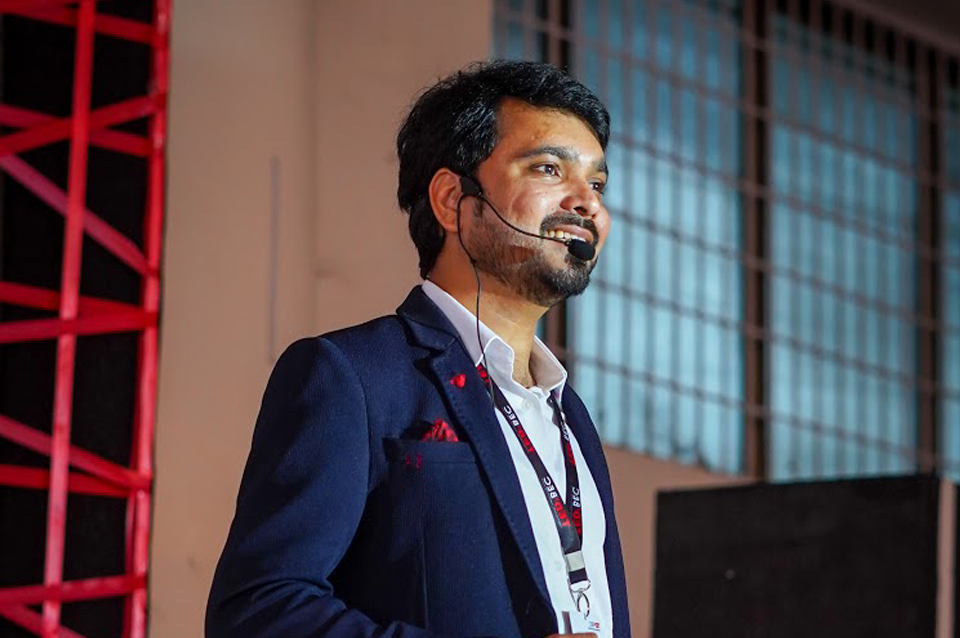
Coaching for Performance: Unlocking Potential and Driving Results
In the fast-paced, results-driven world of today’s business environment, organizations are constantly seeking ways to improve productivity, increase engagement, and achieve sustainable growth. One of the most powerful tools in this pursuit is coaching. More than just an approach to skill development, coaching for performance is a transformative practice that focuses on enhancing individual and team effectiveness while aligning actions with broader organizational goals.
What Is Coaching for Performance?
Coaching for performance is a personalized, goal-oriented process that aims to support individuals in realizing their full potential. Unlike traditional training, which tends to focus on imparting knowledge and skills, coaching for performance zeroes in on an individual’s specific strengths and areas for improvement. The primary goal is to foster an environment where employees are motivated, focused, and equipped to excel in their roles, thereby driving performance and contributing to the success of the organization.
While coaching is often seen as a tool for improving leadership capabilities, it can benefit employees at all levels—from entry-level staff to senior executives. A performance coach works with employees to clarify objectives, navigate challenges, enhance skill sets, and build strategies for success.
Why Is Coaching for Performance Important?
- Personalized Development: Everyone has a unique way of learning and working. Coaching for performance recognizes these differences and tailors the approach to the individual’s needs. This personalized attention helps employees overcome obstacles, sharpen their skills, and reach their professional goals more efficiently.
- Improved Engagement and Motivation: When employees feel supported and valued, their level of engagement rises. A coach fosters an environment of trust, providing consistent feedback and encouragement. This often leads to higher motivation, which can directly impact job satisfaction and performance.
- Enhanced Problem-Solving Skills: A good performance coach doesn’t just tell employees what to do; they guide them through the process of finding solutions. Coaching helps individuals build critical thinking and problem-solving skills, which are crucial in a workplace that’s constantly evolving.
- Better Alignment with Organizational Goals: Coaching for performance helps employees understand how their roles contribute to the larger mission of the organization. By aligning personal objectives with company-wide goals, coaches ensure that everyone is working towards a shared vision, resulting in a more cohesive and effective team.
- Fostering Accountability and Ownership: Through coaching, individuals take more responsibility for their actions and outcomes. This sense of accountability leads to a higher quality of work and a deeper commitment to achieving goals.
Key Elements of Effective Coaching for Performance
- Clear Goal Setting: Effective coaching begins with setting clear, actionable goals. These goals should be specific, measurable, achievable, relevant, and time-bound (SMART). A performance coach works with the individual to clarify their goals and ensure they’re aligned with both personal and organizational aspirations.
- Regular Feedback: Constructive feedback is crucial to growth. Coaches provide ongoing feedback to employees, helping them reflect on their progress, identify strengths, and address areas for improvement. Regular feedback ensures that employees stay on track and continue to evolve.
- Active Listening: A skilled coach listens attentively to the individual’s concerns, challenges, and aspirations. By practicing active listening, the coach can better understand the employee’s perspective and guide them in a way that feels both supportive and empowering.
- Empathy and Emotional Intelligence: Building trust is a core component of coaching for performance. Coaches must show empathy and emotional intelligence to create a safe environment where individuals feel comfortable discussing their struggles and vulnerabilities. This emotional connection is critical for effective coaching relationships.
- Focus on Strengths: While addressing areas for improvement is important, coaches also emphasize the individual’s strengths. Focusing on what employees do well helps them gain confidence and use those strengths to overcome challenges and improve their performance.
- Encouraging Self-Reflection: Coaching is not about giving all the answers. It’s about empowering individuals to discover their own solutions. A good coach asks the right questions that encourage self-reflection and promote personal growth. This self-awareness leads to more informed decision-making and increased autonomy.
The Role of the Coach
The role of the coach is to be a facilitator, guiding employees to think critically about their challenges and solutions. A coach doesn’t simply tell employees what to do; they support them in uncovering insights, setting goals, and taking ownership of their development. Coaches act as a sounding board, helping individuals explore new ways of thinking, solve problems, and take deliberate action to achieve their objectives.
In a corporate context, coaches can be external professionals or internal managers trained in coaching techniques. Regardless of their position, effective coaches are objective, empathetic, and skilled at providing guidance without judgment.
Measuring Success in Coaching for Performance
To determine whether coaching for performance is effective, it’s important to measure success using both qualitative and quantitative metrics. Some of the key indicators of success include:
- Improved performance and productivity in key areas.
- Increased engagement and satisfaction levels among employees.
- Achievement of SMART goals set at the beginning of the coaching process.
- Development of leadership skills and greater confidence in decision-making.
- Enhanced teamwork and collaboration within the organization.
Ultimately, the true measure of success lies in the long-term impact of coaching on both the individual and organizational levels. When employees feel more supported, engaged, and equipped to succeed, they are more likely to stay with the organization and contribute to its ongoing success.
Conclusion
Coaching for performance is an investment in both individual growth and organizational success. By fostering a culture of continuous development, personalized coaching enables employees to unlock their potential, build meaningful skills, and contribute more effectively to the organization’s goals. In today’s competitive business landscape, embracing coaching as a strategy for performance enhancement is not just a luxury—it’s a necessity for organizations looking to thrive and evolve.
Whether you’re a manager, a team leader, or an executive, the power of coaching can make a transformative difference in unlocking your team’s potential and driving sustainable success.

